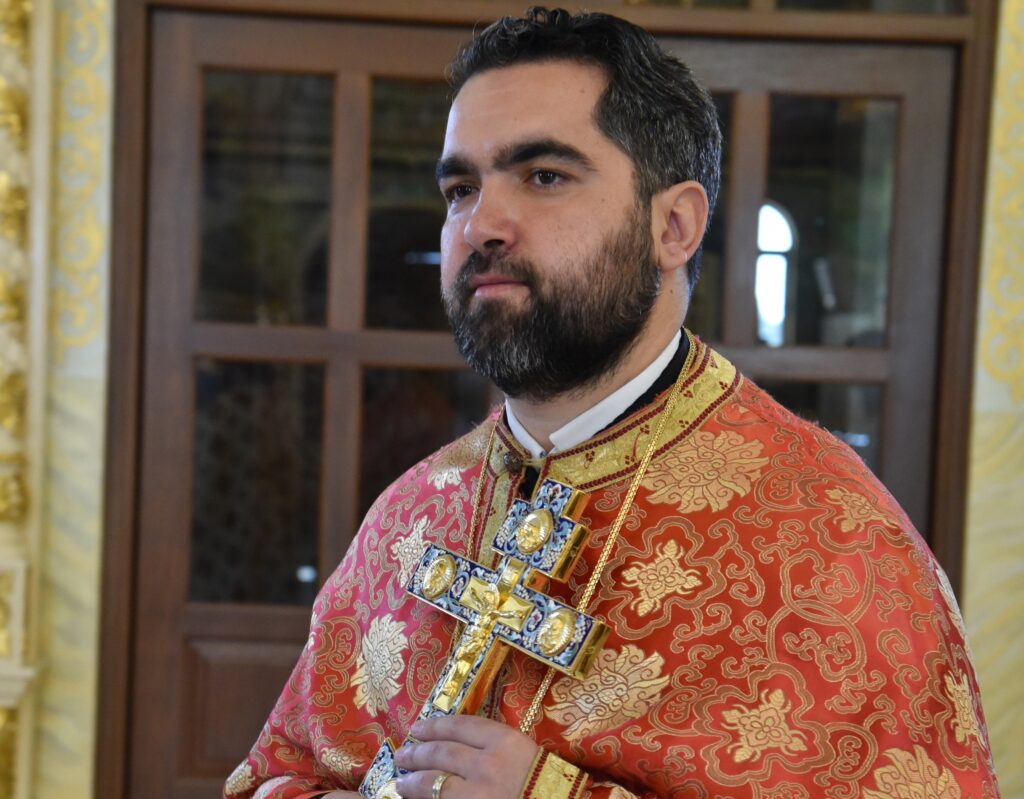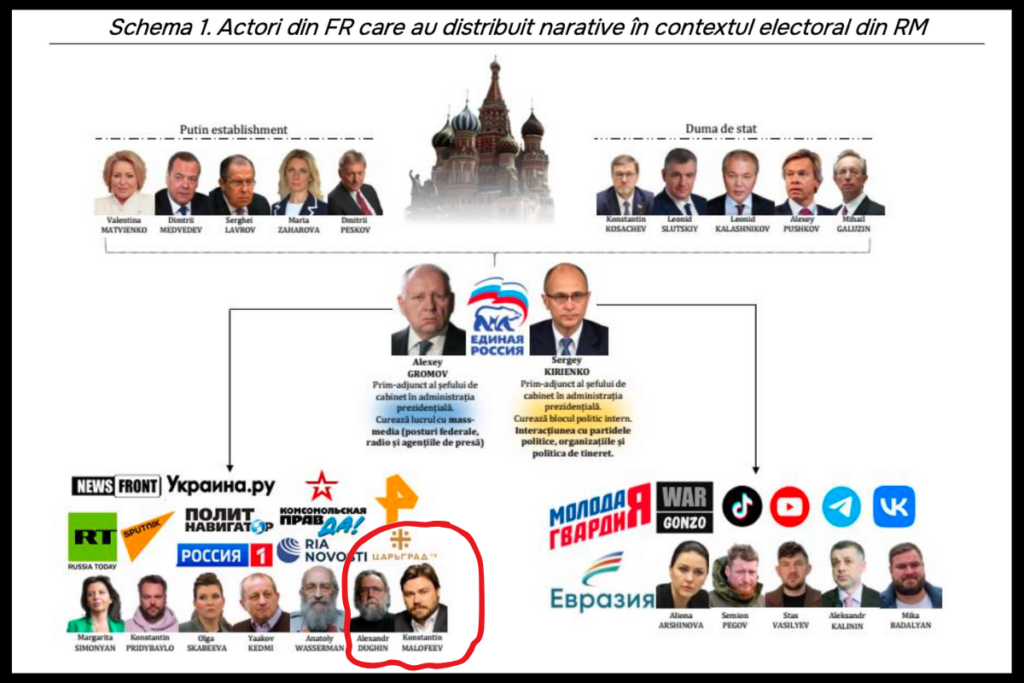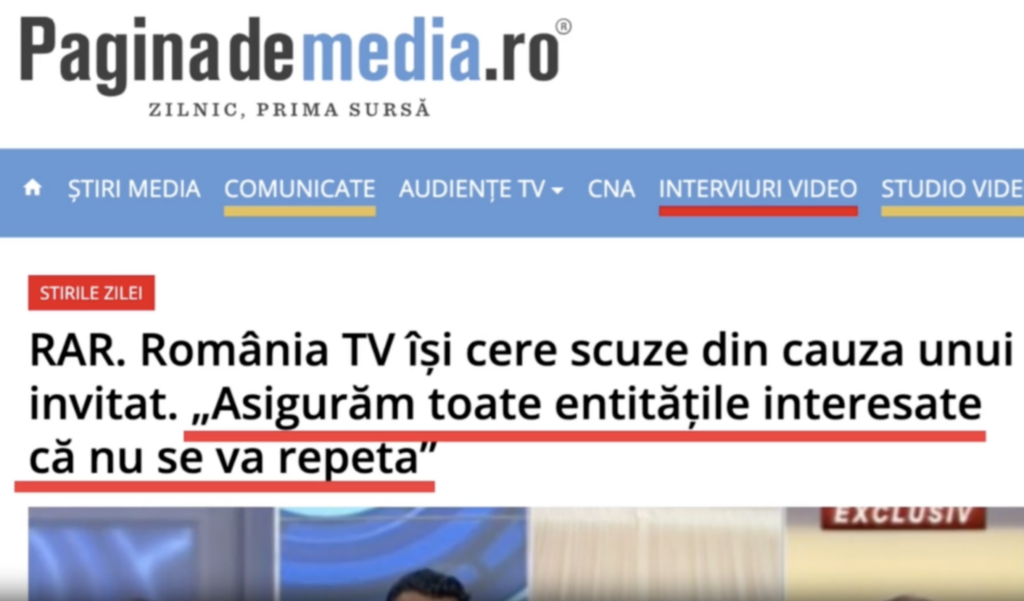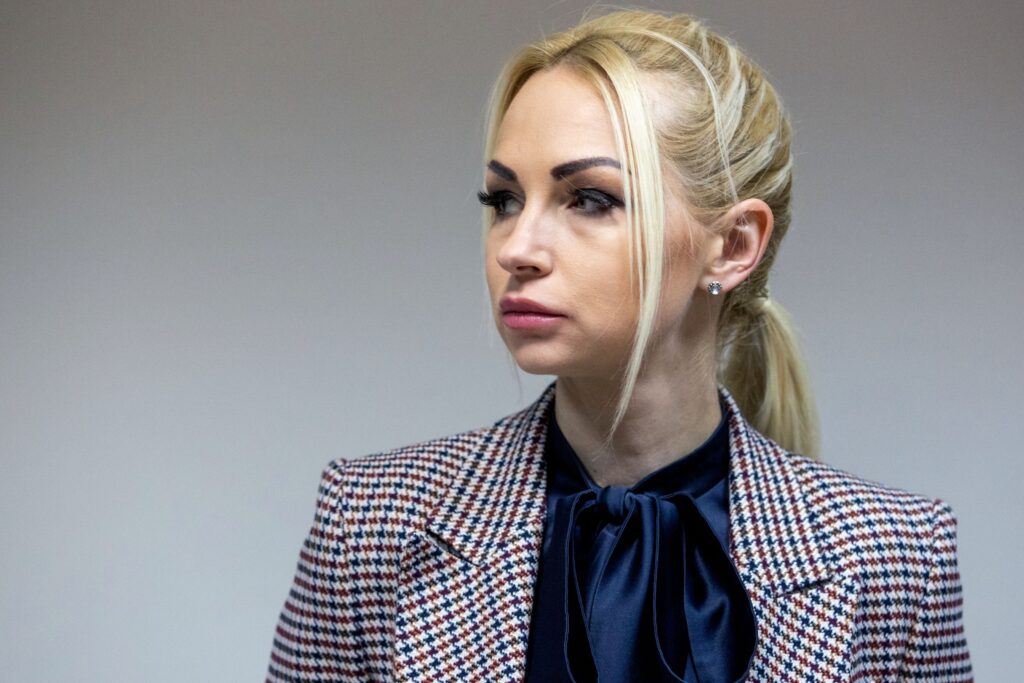On December 10, after four days since the CCR decision to annul the presidential elections, Priest Ciprian Mega receives a visit from a general of the Romanian Army, according to his own publicly made statements on Facebook.
The general warns the church servant that he is accused of Legionarism by Paul Palencsar, a priest and journalist, who has written several articles claiming that numerous church figures in Romania are serving Russia.
„A good friend, a serious and devoted military man of the Romanian Army, a general of high moral stature, visited me today at the church, after the Liturgy, to warn me about a matter to which, he says, I should have paid attention,” wrote Priest Ciprian Mega on Facebook.
It is the first time that in the campaign supporting the pro-Russian candidate Călin Georgescu, there is talk of the involvement of a Romanian general, who traveled to the "Saint Spiridon" Church in Oradea, where a priest with strong ties to the Kremlin officiates.
Romanian Priest Visits Putin
Ciprian Mega is the director of the movie "21 de rubini" (21 rubies), a production that suggests that European institutions, democracy, and Western liberalism are not solutions to Romania's problems, but rather causes of instability.
The priest, along with the actors of the movie, were invited in April of this year to Moscow, to a festival, causing a real scandal in the country.

At the event in the Russian capital, in addition to an official meeting with Vladimir Putin, Ciprian Mega also spoke with Konstantin Malofeev, a Russian oligarch mentioned in the SIS Moldova report as one who contributed to the attack on the electoral process in the Republic of Moldova.
"The narratives promoted in the informational space by internal actors have maintained common subjects with the messages promoted by public figures, journalists, and bloggers from the Russian Federation," states the report of the Information and Security Service of the Republic of Moldova, presented to the Parliament in Chișinău.
The connection between Ciprian Mega, a supporter of the Kremlin regime who promoted Călin Georgescu, with a Romanian general, as well as with one of Putin's oligarchs mentioned in the intelligence agency report from Chișinău, shows similarities in Russia's actions in Moldova and Romania.

"In the context of the first round of the presidential elections, data was obtained that revealed an aggressive promotion campaign, carried out by circumventing national electoral legislation, but also exploiting the algorithms of certain social media platforms to rapidly increase the popularity of Călin Georgescu," states the declassified report by the presidential administration.
We Assure Interested Entities It Will Not Be Repeated!
In the SIS document, there is another common area with Romania, concerning Deputy Marina Tauber, involved in the operations of diverting the electoral process in Moldova, present on February 28, 2023, at the RTV station in Romania.

In that broadcast, Cătălin Harnagea, former director of the Romanian Foreign Intelligence Service (SIE) from 1997 to 2000, was also invited, a regular participant in RTV debates.
But more peculiar than inviting an agent of influence from Moscow to a Romanian television station was the statement that the station released following the negative public reaction: "We assure all interested entities that it will not be repeated."
According to the SIS report, Marina Tauber is considered to be one of the main figures who spread messages created in Kremlin propaganda laboratories in Moldova.
Comparing the reports of the intelligence agencies from Moldova and Romania, it is evident that in both countries, Russia used different networks, with different funding and political objectives, but similar strategies.
That is, a command center in Moscow, a chief of that center, Ilan Șor for Moldova, and for Romania there are some clues, but not yet enough evidence.
The leaders distributed money to an extremely stratified network, consisting of digital marketing agents, influencers, administrators of closed or open groups on social platforms, networks of former intelligence agents, and politicians. Messages were monitored, and impact analyses were conducted.
Thus, it is observed that in Romania, social networks, especially TikTok, were more intensively used for the rapid promotion of Călin Georgescu, while in Moldova, Telegram was more intensively used, a network with more users on the left bank of the Prut River.

Operation of the Manele Singers
"The rise of Călin Georgescu in public opinion polls was determined by a coordinated campaign to increase popularity, amplified two weeks before the election date, especially on the TikTok platform, which managed to ensure his victory in the first round, with 22.94%," according to the SRI report released on December 4.
In addition to the two situations mentioned above that show common areas of Russia's operations to influence elections in Moldova and Romania, there is another important one - "the use of manele singers."
The public was surprised to see that a series of popular singers on TikTok in Romania, as well as gangsters with millions of followers on the social network controlled by China, suddenly became interested in politics. And not in the country's politics, but in Moldova's.
One week before the second round of the elections, Alexandr Stoianoglu, the pro-Russian candidate, was fervently supported by Culiță Sterp and Bogdan Mocanu, who did live streams on TikTok urging their potential followers from Moldova not to vote for Maia Sandu.
Two weeks later, the "manele singers" operation is used in the presidential elections in Romania to rapidly increase support for Russia's candidate, Călin Georgescu.
"The gifts," as a star from the underworld calls them, were paid for by "Bogdan Peșchir, involved in financing Călin Georgescu on TikTok," according to the SRI report. He spent over one million euros to promote the pro-Russian politician on TikTok, paying sums of money to those with a large number of followers.
Significant Damage in Romania and Moldova
It is not clear at this moment whether the involvement of manele singers in the campaign in Moldova was a test for that TikTok strategy or a desperate solution used by the Kremlin to lift Stoianoglu, who had little chance of victory against Maia Sandu.
Regardless, the comparison and analysis of the reports made by the intelligence services of the two countries indicate that Russia's agents of influence have tried their best to cause huge damage to the political systems of both countries, and to a large extent have succeeded.
Furthermore, it shows that both in Moldova and Romania, there are strong Kremlin networks operating, with infiltrated individuals in all layers of society, and the authorities and political leaders in our country, a NATO and European Union member, have done too little to provide effective protection against Russia's huge interferences.

